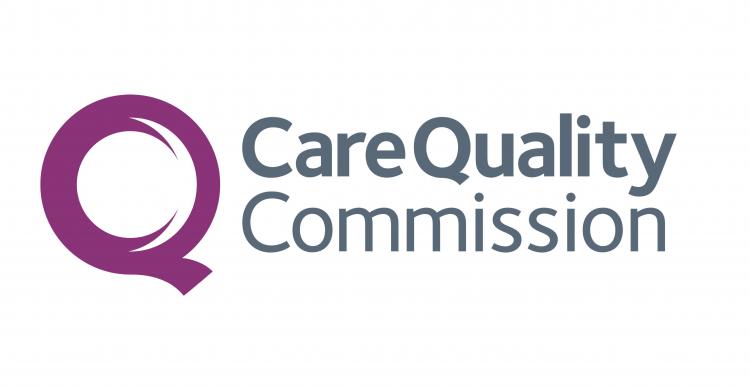Thornton care home is rated inadequate and placed in special measures by regulator the Care Quality Commission

Rose Cottage in Kipping Lane is a residential care home which provides personal care for up to 16 people, some living with dementia or physical disabilities. At the time of this inspection there were 14 people using the service.
The inspection was prompted in part by notification of an incident following which a person using the service died. It was also carried out to follow up on action the provider was told to take at the previous inspection last year.
Following this latest inspection, the overall rating for the home, as well as the areas of safe and well-led, have moved down from requires improvement to inadequate. How effective the service is remains rated as requires improvement. Responsive and caring were not looked at during this inspection and remain rated as good.
The service has been placed in special measures which means it will be kept under review, and if CQC do not propose to cancel the provider's registration, there will be a re-inspection to check for significant improvements.
'Significant risk'
Sheila Grant, CQC deputy director of operations in the north, said: “When we inspected Rose Cottage, it was concerning to see people were being cared for in an environment that was well below the standard that people should be able to expect.
“Rose Cottage is somewhere that people using this service call home and leaders weren’t ensuring it was a safe clean place for them to live. For example, there was a window which was accessible to people and opened fully onto a conservatory roof. The provider assured us this had been fixed immediately when we raised it on the first day, however it was still the same when we returned on the second day, posing a significant risk to people.
“Infection outbreaks weren’t being effectively prevented or managed. We found soap dispensers in the bathroom and toilet were empty, as well as most bedrooms.
“Additionally, it was concerning that people were being deprived of their privacy and dignity due to ongoing issues with the laundry service including clothes going missing and other people's clothes appearing in the wrong bedroom despite being labelled. The provider told us people's wash bowls were being used to transport dirty laundry which is totally unacceptable. Also, there was no screening curtain in a room shared by two people which meant they had no privacy.
Medicines not managed safely
“We found medicines weren’t managed safely. Room temperatures where medicines were stored was consistently too warm, meaning it might make medicines less effective, we didn’t see any evidence that action had been taken to fix this. Also, medicine records weren’t completed appropriately which meant we couldn’t be assured people were receiving their medicines as prescribed.
“However, staff were described as kind and caring, and people had access to other healthcare services when they needed them.
“During the inspection the provider took action to address some of the issues we raised. We will continue to monitor the service closely to ensure further significant improvements are made. If we are not assured people are receiving safe care, we will not hesitate to take further action to ensure people are receiving the high standard of care they deserve.”
Inspectors found:
- People were not always safe. People were at risk of harm as the provider had not identified, assessed or mitigated risks. These included risks related to people's health and care needs as well as environmental risks.
- Medicines were not managed safely.
- There were not enough staff to meet people's needs and keep them safe.
- CQC were not assured staff had received the training they needed for their roles.
- Recruitment processes were not thorough.
- People's dignity was not always maintained, and they were not always treated with respect.
- People's care records were not always accurate and fully reflective of people's needs.
- There was a lack of consistent and effective leadership and quality assurance systems were not effective in identifying and addressing issues.
- People were not supported to have maximum choice and control of their lives and staff did not support them in the least restrictive way possible and in their best interests.
However:
- People received a choice of meals, snacks and drinks and the dining experience had improved.


